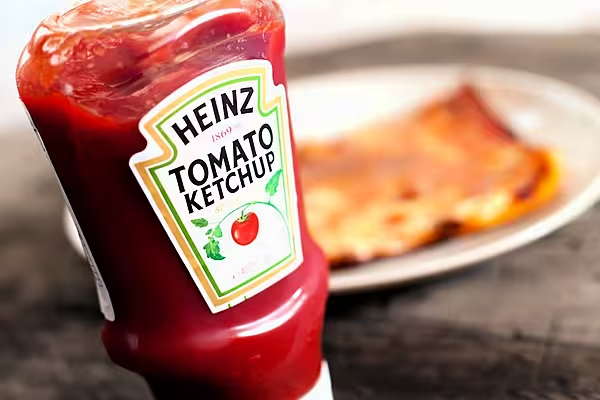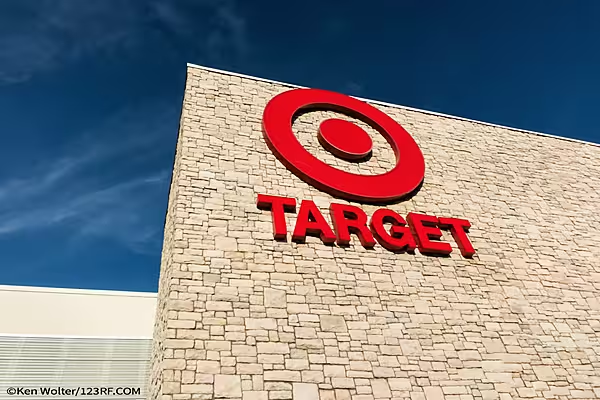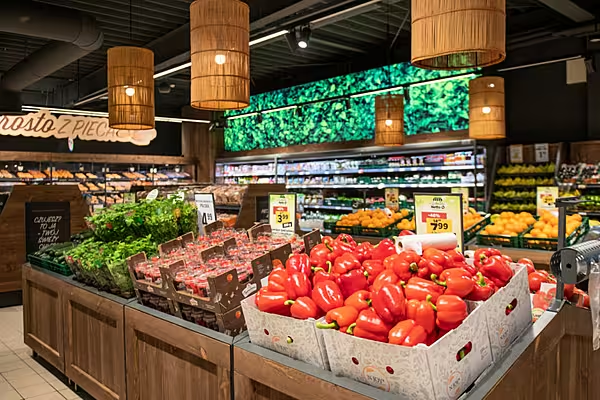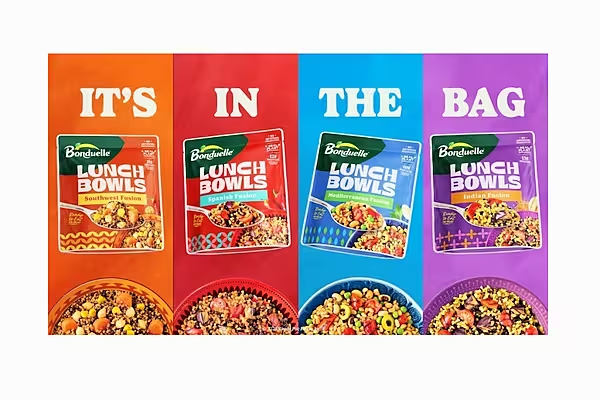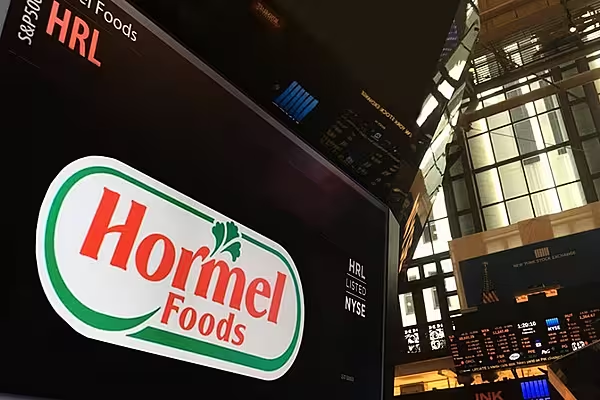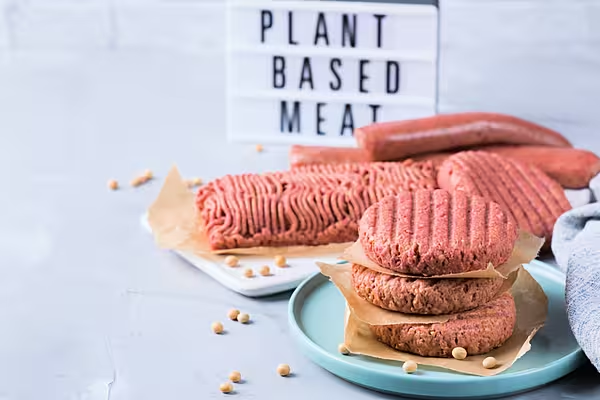Kraft Heinz missed quarterly sales estimates as inflation-hit customers bought fewer packaged meals and condiments, discouraged by higher product prices.
US packaged food makers have kept their product prices higher for more than two years to shield their margins from a surge in costs of labour, raw materials and transportation, but the benefits are starting to fade as consumers grow more price-conscious.
During the quarter, Kraft's volumes fell 7 percentage points from last year as customers hunted for cheaper alternatives for its ready-to-eat meals and snacks, sauces and cooking essentials, and traded down to private-label brands.
The Heinz ketchup maker's net sales rose to $6.72 billion (€6.1 billion) in the second quarter ended 1 July, from $6.55 billion (€6 billion) last year. Analysts on average had expected $6.81 billion (€6.2 billion), according to Refinitiv IBES data.
It logged adjusted earnings of 79 cents per share for the quarter, above analysts' estimate of 76 cents per share.
'Headwinds In The Second Quarter'
Kraft Heinz CEO and chair of the board, Miguel Patricio said, "While we did face headwinds in the second quarter, particularly within US market share performance, the action plans we laid out in the first quarter resulted in share trend improvement each month.
"We expect these action plans, along with continued strong execution from our teams, to drive momentum through the second half of the year. Overall, our results give me confidence in the direction we are headed. As a result, we are reiterating our full-year outlook."
Full-Year Expectations
For its financial year 2023, the company now expects organic net sales growth of 4% to 6% compared to the previous financial year.
It has also forecast adjusted EBITDA in constant currency to range between 4% to 6%, or 6% to 8% when excluding the impact from lapping a 53rd week in 2022.
Article by Reuters, additional reporting by ESM.
